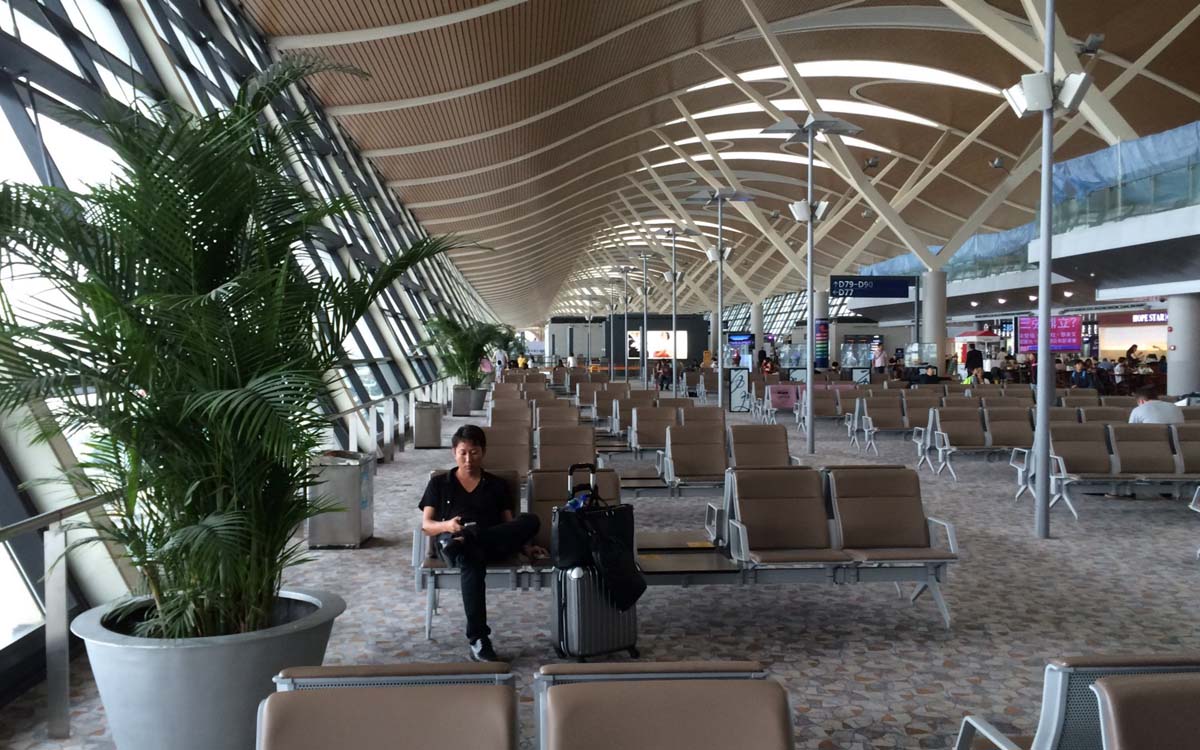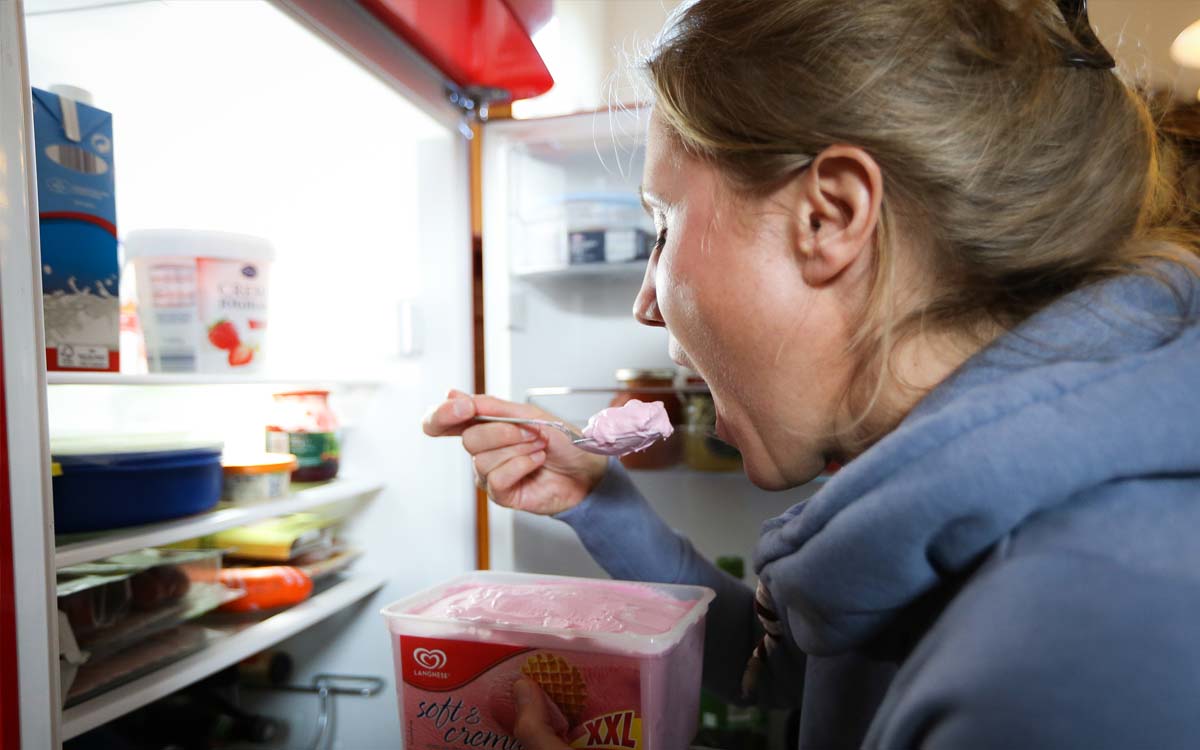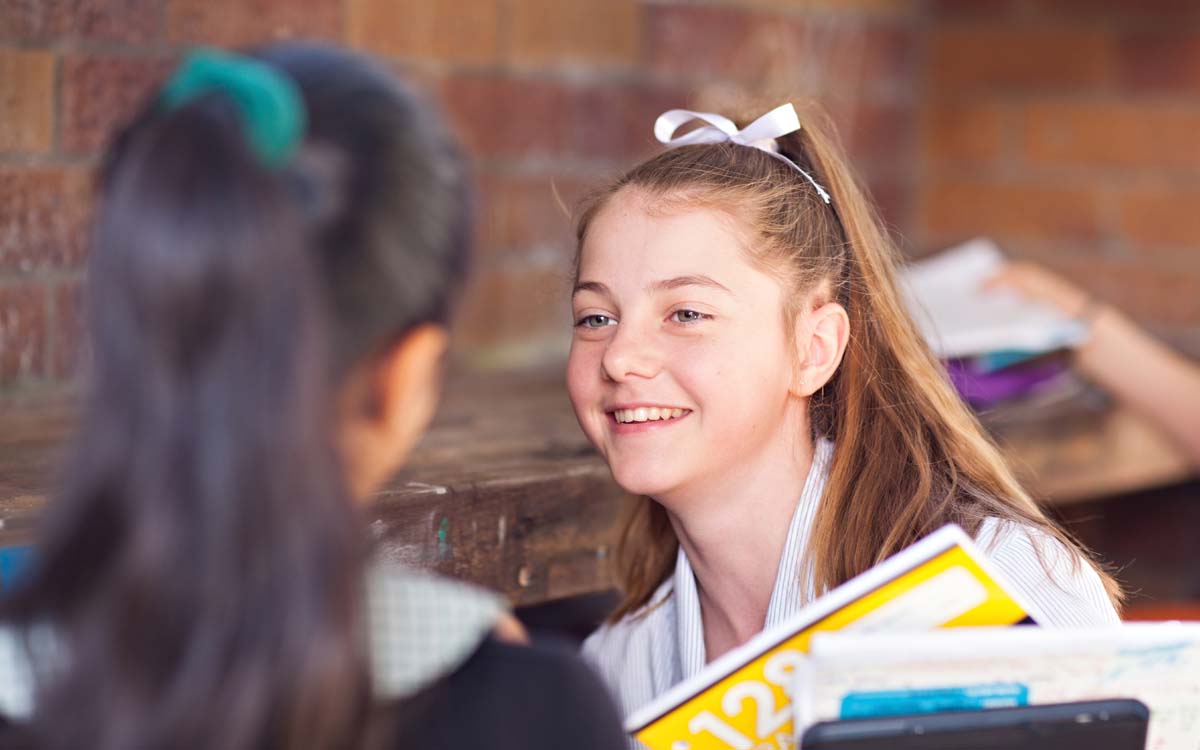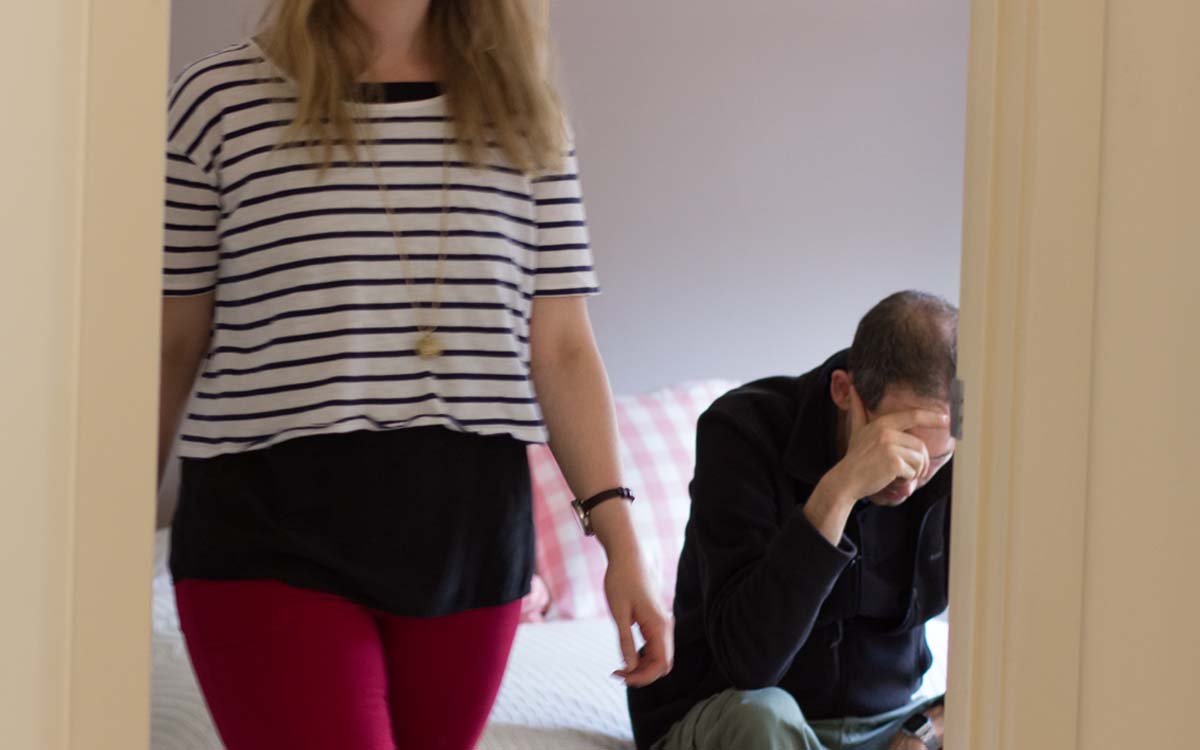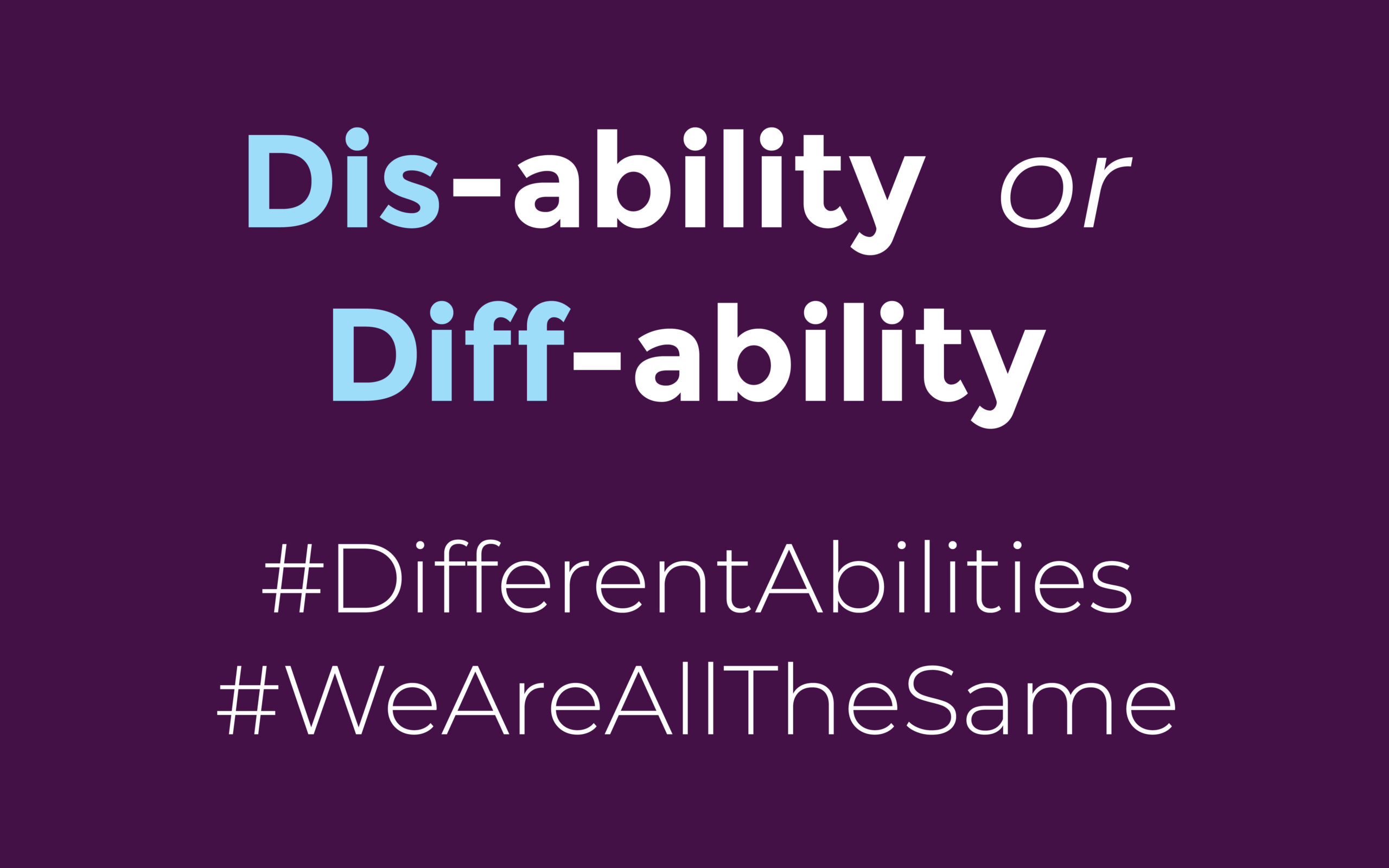Going to public places can be a nightmare for some parents due to their child being a ‘runner’ … running from shops, carparks, beaches, the park … in fact anywhere there is not a closed in space.
This causes great safety issues for the child, the general public and definitely great angst for the parents and carers. When asked at the clinic, “how do we stop our child from running” we as practitioners need to first investigate “why are they actually running?”
No behaviour is ever random!
But even though the reasons will be different for all, a foundation is often based on the child experiencing anxiety around something that is happening in their life where they perceive they don’t have all the required skills to manage that aspect of life effectively.Children may run in public places because:
- They have hypersensitivities to any one of their senses and thus the environment where they are creates a sensory overload. Children sometimes see their only option to relieve their sensory overload is to run and escape. For example, walking into a shopping centre we can be welcomed by intense sounds, strong smells, many people, bright lights, overwhelming visuals etc.
- They become anxious around crowds and perceive they don’t have the skills to manage when there are lots of people.
- They had a picture that something would happen a certain way (e.g. you would buy them a toy) and when this picture did not happen the way they expected it, they became anxious, not knowing how to respond to this smashed picture.
- They simply did not want to go where you were taking them — their agenda was different to yours and they are upset that you are not considering their agenda and do not know when their agenda will happen (e.g. on Saturday your son was planning a morning of Playstation to rest after his school week — then you took him to the shops instead and you stayed longer than he expected).
- They might like to control the emotional reactions of other people and have learnt that by running away the adults around change their behaviour (e.g. might become anxious, angry, upset or even start listening to what the child might have been trying to say).
The list of possible reasons is endless and these are but a few. However, the key is to know that these situations are not random but are happening for a reason. If we don’t investigate this reason we are simply judging the behaviour to be wrong and not understanding from the child’s perspective what could actually be happening for them.
What might they be experiencing in life that is causing them to run? What are they trying to ESCAPE FROM?
If your child is a known runner, some suggestions to support are:
- Firstly be open to asking, “What is my child trying to escape from?” or, “What part of life was presented that they perceived they did not have the skills to respond to before they ran”?
- When your child is already anxious, chasing will typically make them run faster, become less aware of where they are actually running and thus increase safety issues. When your child is too far ahead and uncatchable, running after them would not be advisable. Rather, without panic, try to keep an eye on where they are and walk slowly towards them!
- If they are in close proximity and catchable, then hold them firmly in your arms, sending them a message that you are there to support them.
- Always have a safe place for your child to run to. For example, a bench on the outside of the shopping centre is a place they can go to that will (1) relieve them partially of their sensory overload,
(2) provide a safe place to run to if the shopping centre becomes overwhelming,
(3) allows them to know there is somewhere they can go to and my carer will find me here and I won’t be in trouble and
(4) allows the carers to feel less anxious as they know ‘where’ their child is going when they do run. - Put strategies in place for yourself to remain calm (e.g. gentle breathing), knowing that
as your own anxiety levels increase you are actually adding to the situation by either (a) providing the reaction your child was after and thus they have controlled you, or
(b) adding to your child’s anxiety and thus increasing the intensity of the behaviour.
The key is to UNDERSTAND and NEVER JUDGE … Understanding begins when we ask, “I wonder why this behaviour is happening?”.
This article was originally published in the June 2015 Edition of Haven Magazine.
